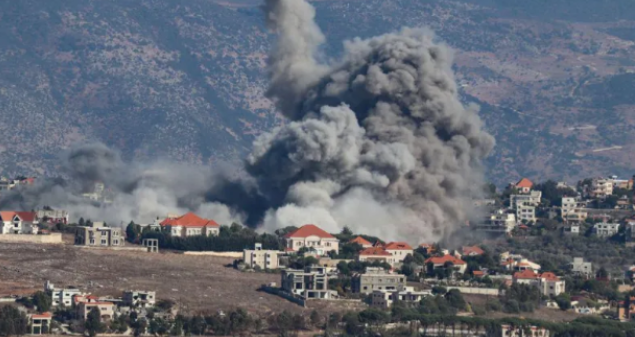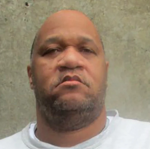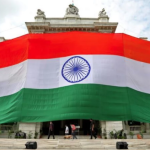Israeli Prime Minister Benjamin Netanyahu has directed the military to persist in its offensive against Hezbollah, despite international calls for a ceasefire, particularly from the US and other allies. Following a significant escalation in air strikes on Lebanon since Monday, Lebanon’s health ministry reported at least 92 fatalities from the attacks, with many more casualties since the strikes intensified.
Hezbollah confirmed the death of its drone unit leader, Mohammad Surur, in an air strike on an apartment building in southern Beirut. The situation has raised fears of a broader conflict, as Israeli military actions have increased dramatically.
While there had been initial hopes for a ceasefire proposal, which Israeli ambassador to the UN Danny Danon indicated the country was “open to,” this was quickly dismissed by Israeli politicians. During his visit to New York for the UN General Assembly, Netanyahu stated that Israel would continue its operations in Lebanon until its objectives, particularly ensuring the safe return of residents to their homes, were achieved.
The White House later clarified that the proposed ceasefire had been coordinated with Israel, contradicting Netanyahu’s firm stance on continuing the fight. Netanyahu’s office issued a statement emphasizing Israel’s alignment with the US-led initiative aimed at securing the northern border, expressing appreciation for US efforts while asserting the ongoing military operations.
UK Prime Minister Sir Keir Starmer echoed calls for an immediate ceasefire, warning that the conflict could escalate uncontrollably if not addressed diplomatically.
The ongoing conflict between Israel and Hezbollah has led to significant displacement and violence in the region. Approximately 70,000 Israelis have been forced to leave their homes in the north since hostilities began nearly a year ago, exacerbated by the recent war in Gaza. In Lebanon, around 90,000 people have been displaced in just the past few days, joining 110,000 who had already fled their homes, according to UN estimates.
The Israeli military has intensified its strikes on Hezbollah targets in southern Lebanon and the Bekaa Valley, as well as targeting infrastructure along the Lebanese-Syrian border to disrupt weapon supplies to the group. In retaliation, Hezbollah launched a barrage of rockets towards northern Israeli cities, including Kiryat Ata and Safed.
Israel’s military leadership has indicated that the air strikes could lead to ground operations in Lebanon, with Israel’s military chief, Lt Gen Herzi Halevi, suggesting a potential invasion. Israeli Air Force Commander Maj Gen Tomer Bar has urged troops to be prepared for ground maneuvers.
Internationally, Qatar has condemned the violence, drawing parallels between the attacks in Lebanon and the atrocities witnessed in Gaza. US Defense Secretary Lloyd Austin, after discussions with British and Australian counterparts, warned that both Israel and Hezbollah are at risk of entering an all-out war, although he emphasized that a diplomatic resolution remains possible.
He stated that achieving Israel’s goal of returning citizens to the north would be best accomplished through diplomatic means.
In support of its military efforts, Israel’s defense ministry announced a substantial $8.7 billion US aid package, which includes $3.5 billion for immediate wartime needs and $5.2 billion earmarked for air defense systems, including the Iron Dome and other advanced technologies.



